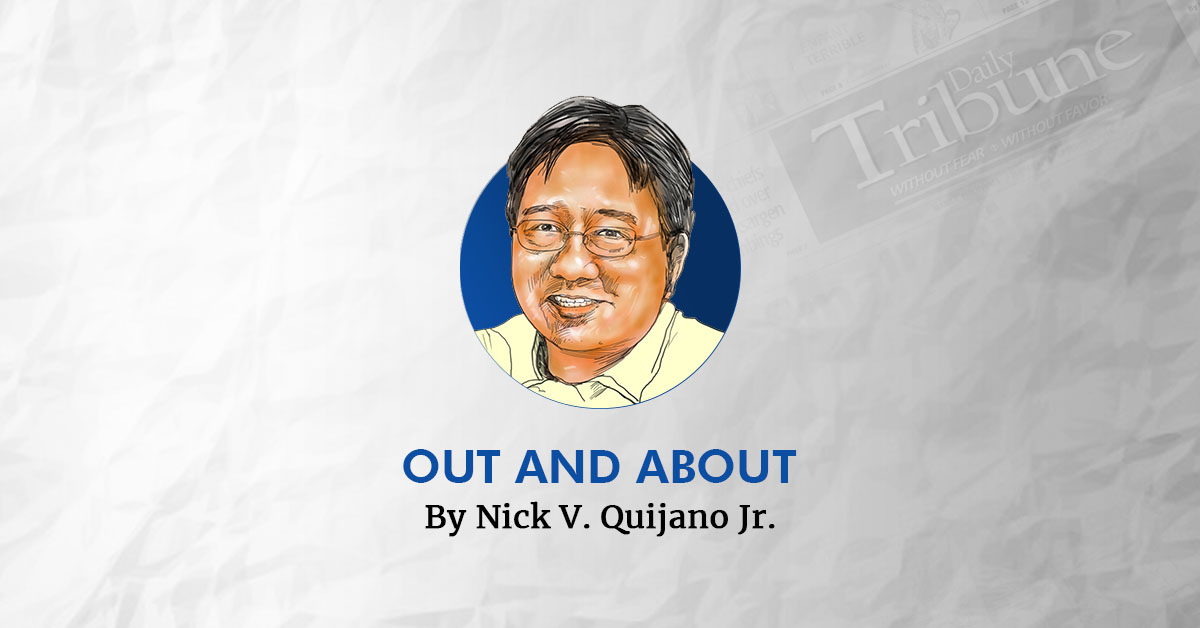Book banning is censorship.
A horrific madness we ought not to sugarcoat.
Particularly now that it has taken forceful form in recent weeks, requiring solidarity from us all to oppose it.
To be clear, book banning becomes a form of censorship when private individuals, government officials, or organizations remove books from libraries, school reading lists, or bookstore shelves because they object to their content, ideas, or themes. It is slightly less offensive than the public burning of books.
This precisely was what happened last week when some Komisyon sa Wikang Filipino commissioners ordered the pullout from libraries or stopped publication of at least 17 books tagged as “subversive” or “anti-government.”
The KWF is an official government agency. It’s a regulating body of the Filipino language and is an attached agency under the Office of the President. It also publishes books.
News reports say the banning came after three hosts of the theocratic Sonshine Media Network International (SMNI), in a YouTube video, red-tagged books written by six award-winning authors and labelled more than a dozen more books published by KWF as “subversive” allegedly because these books cited alleged CPP-NPA books as references.
SMNI purportedly also red-tagged the late prominent art critic Alice Guillermo and the late National Artist Bievenido Lumbrera.
KWF chairperson Arthur Casanova, however, did not sign the memorandum, categorically denied the accusations, and pointedly said that calling books “subversive is a dangerous accusation which may already be stepping on the boundaries of freedom of expression and academic freedom.”
Consequently, over 30 language, culture, and educational academics from various universities howled in disgust and strongly denounced the book banning.
As all these unfolded, none in the real power corridors of the present government had had the decency to reject KWF’s move, much less denounce it.
Did these people now find book banning acceptable?
If such is the case, then all of them are guilty of a despicable crime against a free society.
Truly, a society in which book banning is acceptable is no longer a free society.
No longer a free society since book banning tells of a society where “government tells the people what books to read — and therefore what ideas to encounter, and ultimately, what to think.” Thought control is an autocrat’s wet dream.
In no uncertain terms then, book banning ultimately leads to our own self-immolation. We eventually bear the brunt of this avoidable disaster of not being able to think and express freely.
Additionally pernicious in last week’s attacks against books is its tacit reminder of just how implacable enemies of freedom are.
They don’t want us to have the freedom of reading books, even so-called “dangerous” social-relevant books.
Yet, reading a book is the most human thing we can do, even a revolutionary human act at that.
Reading books leads us to the knowledge that we own our own minds — and with it our own voices.
Reading allows us to encounter bondages shackling our minds, challenges our minds, and questions judgments we often make without much thought.
And, once we interact in society, reading books preserves intact our rights to free and open discourse with our fellow citizens. Without those rights, our intellectual life devolves into mere cruelty and power seeking.
Now, if ever these enemies of books want us as readers, they only want us as readers who are fans, enablers and sycophants of the powers that be or the social and political system they want followed, no matter if it is unjust or exploitative or inhumane. They only want us as readers who do little more than swallow what is spoon-fed to us.
And, should ever they profess paternal overtures that we help preserve our liberties by reading the “right” books, it turns out obscene, much less convincing — it only means we can only exercise the liberty of servants, not the liberty of equals.
Why do they need to do that?
They need to do all that that because what they are defending is their comfort, and what they are preserving is their power.
Should we then allow them to continue duping us?
In sum, an honest reckoning of opposing book banning means reaffirming our commitment that the ability to share ideas without fear is a necessary foundation of our free and open society.
Email: nevqjr@yahoo.com.ph
